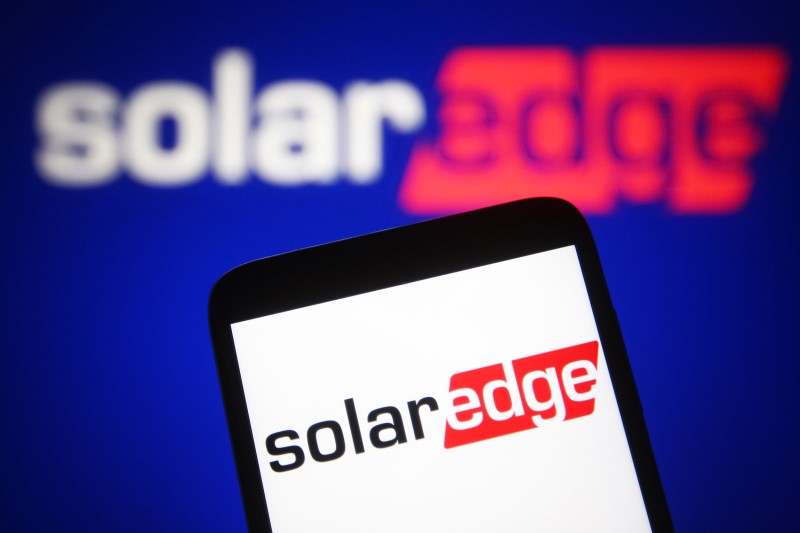Investing.com -- TD Cowen downgraded SolarEdge Technologies (NASDAQ:SEDG) from Buy to Hold in a research note, citing ongoing challenges in European markets that are expected to delay the company’s recovery in volume, margins, and free cash flow.
TD Cowen lowered its price target for the stock to $16, reflecting “deteriorating demand in Europe,” which they said may require more time for SolarEdge to achieve $550 million in quarterly revenue and positive free cash flow (FCF).
“Distributors targeting Europe noted a very weak summer period, driven by low power prices and a weakening consumer,” the analysts stated.
This challenging environment has hit SolarEdge particularly hard in Germany, where residential solar installations are said to have fallen by 29% year-over-year in the third quarter of 2024.
With Germany accounting for 23% of the company’s 2023 revenue, TD Cowen noted that “elevated residential and C&I channel inventory in Europe remains a headwind into 2025.”
Chinese competitors are also applying pricing pressure in the European market, according to the firm. They stated they are contributing to SolarEdge’s difficulties.
TD Cowen’s survey found that European distributors continue to maintain high exposure to Chinese-manufactured inverters, with 40-60% of inventory consisting of Chinese products.
In addition to operational challenges, leadership uncertainty is a concern. “Given liquidity concerns, we see the need for an immediate reduction in overhead/expense, which an interim CEO may not be able to accomplish,” the analysts warned.
TD Cowen also suggested that the company may announce a significant inventory write-down, particularly related to batteries, with its upcoming third-quarter results.
Looking ahead, TD Cowen now expects revenue and margin recovery to be delayed until the fourth quarter of 2025, compared to previous forecasts of the second quarter. However, positive free cash flow is still expected to return in the second half of 2025.
SolarEdge will need to navigate these headwinds carefully as European markets remain challenging and inventory levels continue to weigh on performance.
